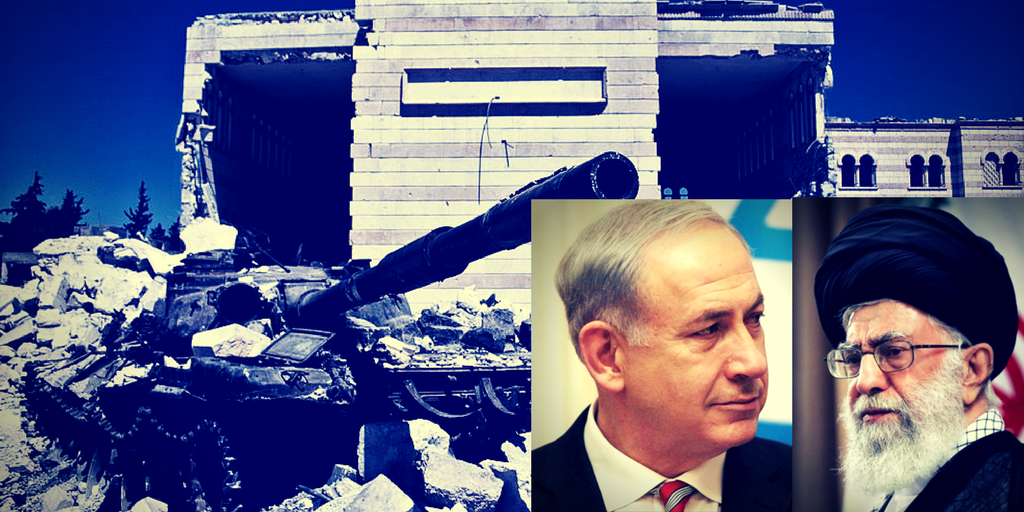For all the negativity surrounding the agreement forged between the USA and Russia at the G20 summit in July to impose a ceasefire agreement for the Southwestern part of Syria close to the Israeli border, it has accomplished a few things that had been left in the shadows to ferment.
The first is that the agreement exposed the lie that both the US and Russia were sort of passive players in a chaotic conflict both were just trying to manage. The very fact that both super powers had the power to actually enforce such an agreement makes it clear that the two were behind the maelstrom of fighting from the beginning.
The second is that the control over the Quneitra and Daraa provinces given over to Russia and defacto Syria, Hezbollah, and Iran means that Israel’s ability to stay out of open conflict with Iran is over. The Israeli government has been content up until in now to use local rebels in battling regime forces, Hezbollah, and Iranian militias, but with the Russians in the neighborhood this strategy has been effectively terminated.
This means that Israel must take on Iran in Syria or risk becoming isolated while the Persians strengthen their hold over the region. The air attacks on various Iranian and Hezbollah installations in Syria make it apparent that Israel is willing to increase its operations there. Yet, there are significant factors that will mean that an Iranian counter-strike could be more imminent than thought.
The first is the Israel-US backed Kurdish independent state in Southern Kurdistan (situated in the KRG area of Northern Iraq). Iran sees this as a dagger pointed directly at the regime in Tehran as it not only breaks up its direct control of the region, but inspires the 15 million Iranian Kurds to agitate for independence.
The second is the increasing ease the Israeli airforce has in attacking Iranian targets in the Levant. While Putin may not be in agreement with Israel on the need to remove Iran from Syria, he appears to be willing to allow the IAF to attack when it feels necessary.
Therefore, Iran will not wait much longer to make a move against Israel or at the very least attempt to solidify its stranglehold over the Southern corridor in Syria as well as push Iraq into a direct war with the Kurdish Peshmerga. Iran has benefitted from the six years of instability in the region. With Israel’s ascendancy and Kurdish independence the Mullahs are looking to throw more chaos into the mix to ensure they can finish their solidification as the regions superpower.
In order to ensure this does not happen Israel must be willing to strike hard in Syria as well as push Washington to bolster a young but strategic Kurdistan.



